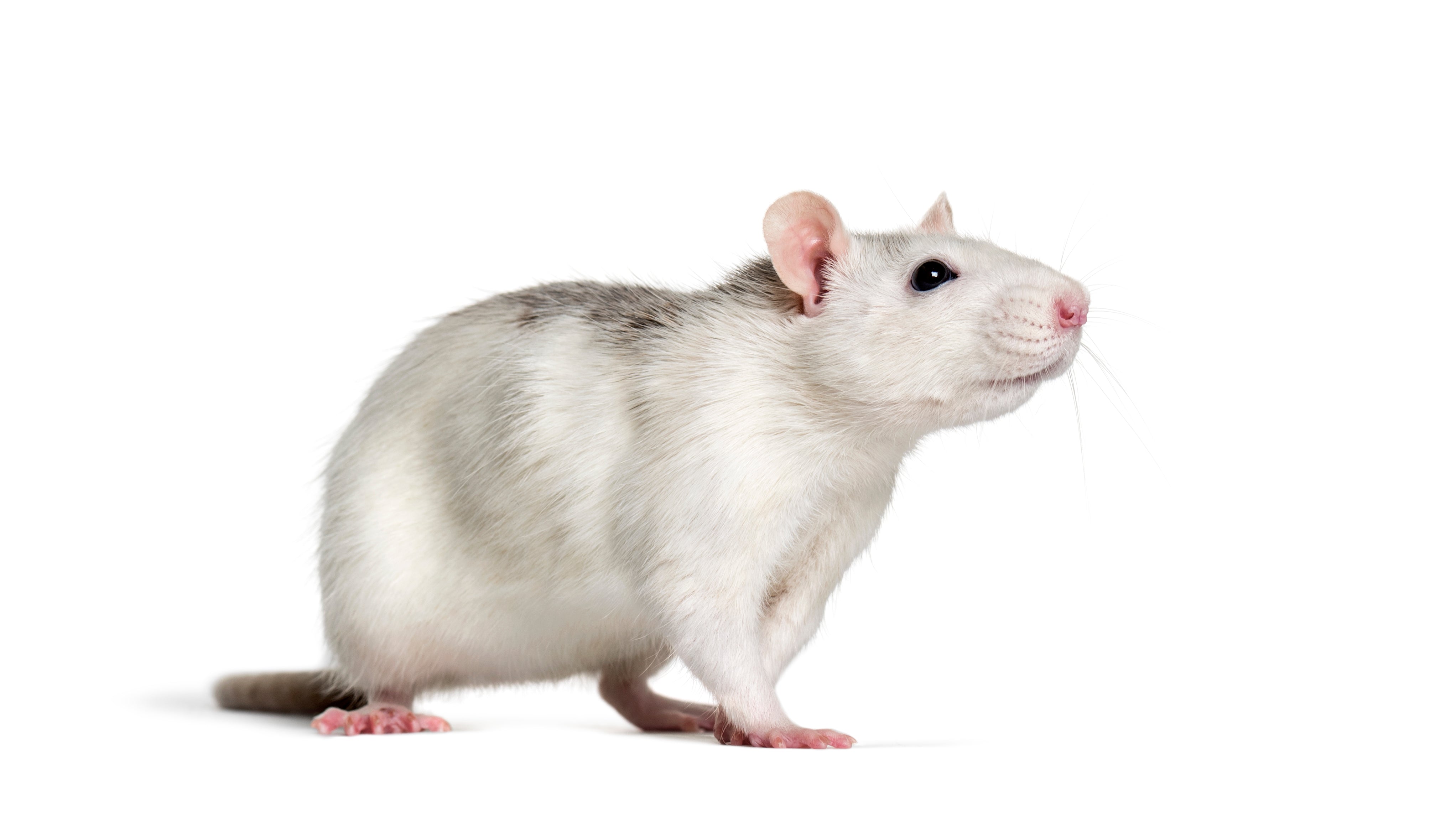
Rats: everything you need to know
Rats make intelligent, affectionate, and social pets that thrive on interaction and companionship. They are easy to train, enjoy human company, and require minimal space compared to larger pets. With proper care, a well-socialized pet rat can form strong bonds with its owner and live a happy, enriching life.
More small animals available
At Kellyville Pets, we’re committed to matching you with the ideal pet for your lifestyle while equipping you with everything you need to give your new friend the best start in life.
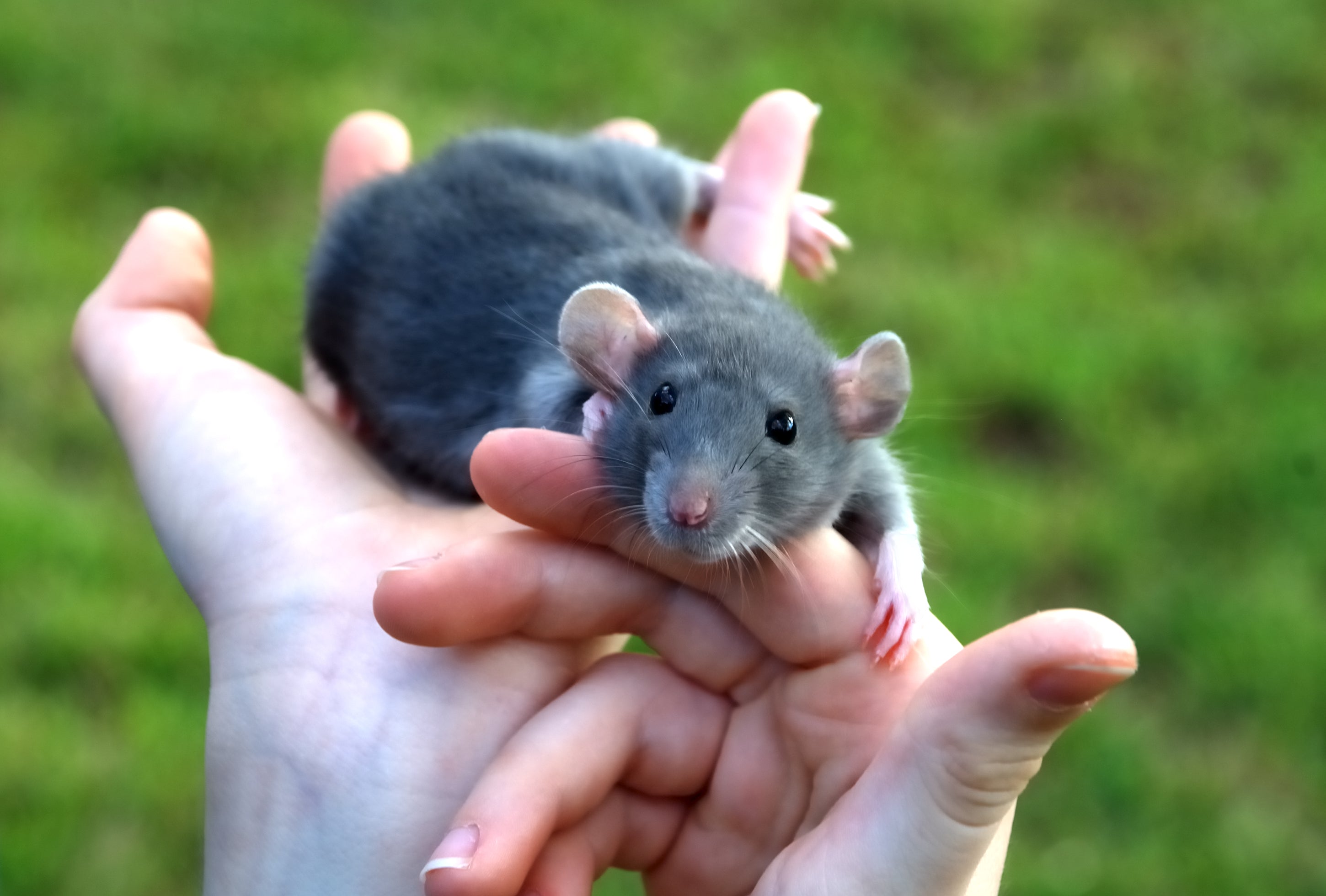
Characteristics
- Lifespan: Rats can live 2-4 years
- Size: 400-600g
- Diet: Rat mix, fruit, and vegetables such as corn, broccoli, peas, beans, carrots, apples (no seeds), oranges, etc. Special treats like nuts and mealworms in moderation.
- Enclosure: A multi-level small gauge wire enclosure is recommended, providing good ventilation and space for climbing.
Photos of rats from Kellyville Pets
These photos have been supplied to us from the families who have welcomed one of our Rats into their homes.
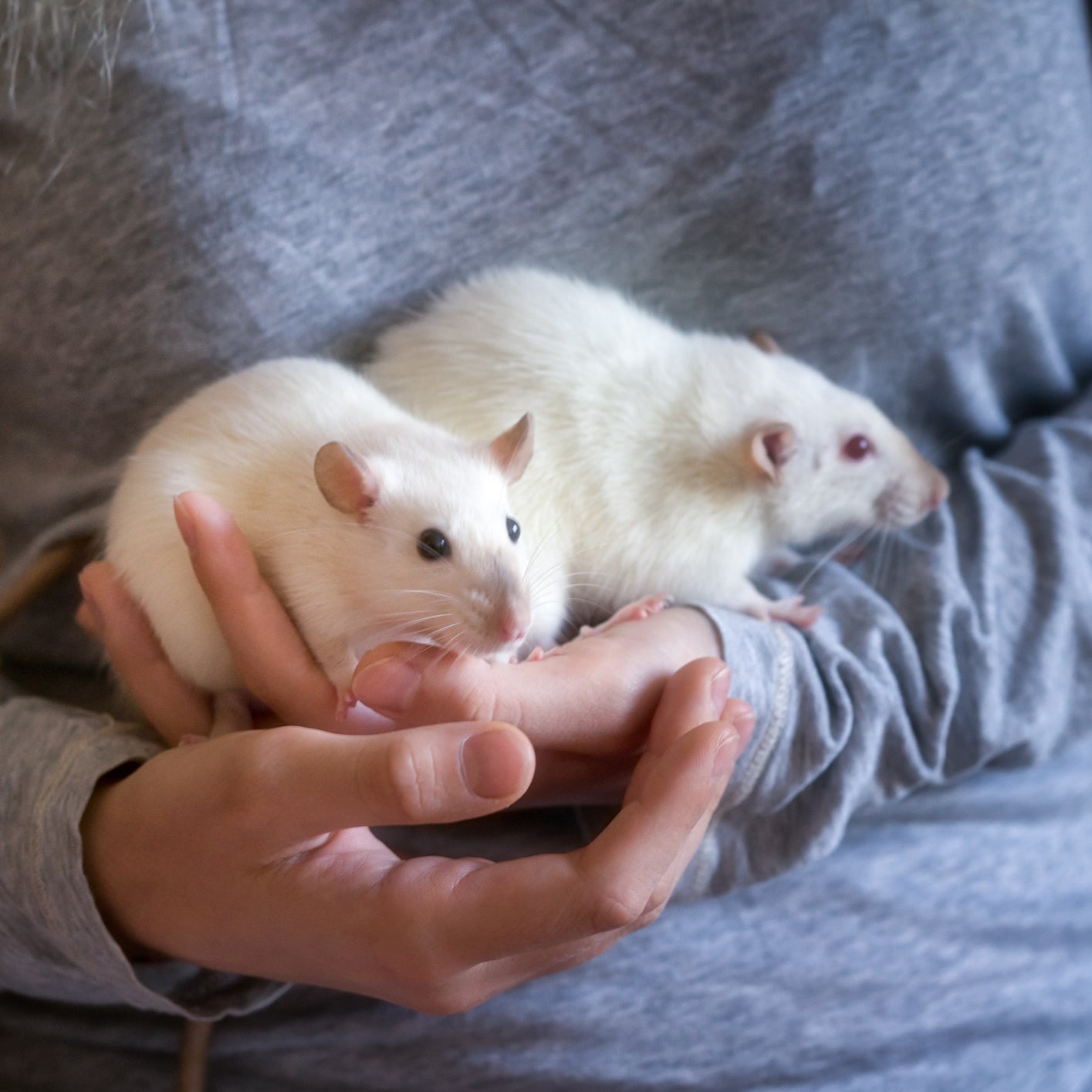
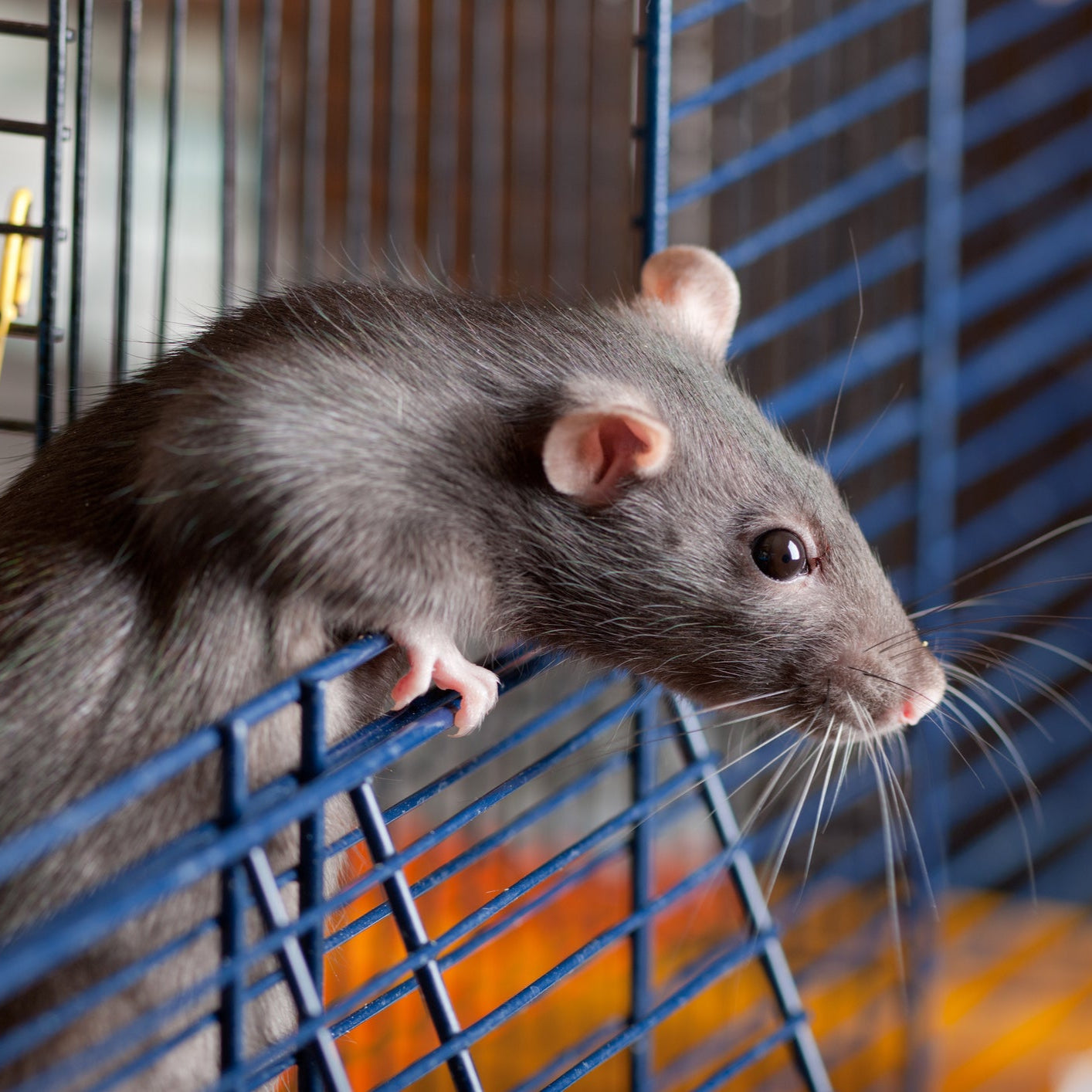
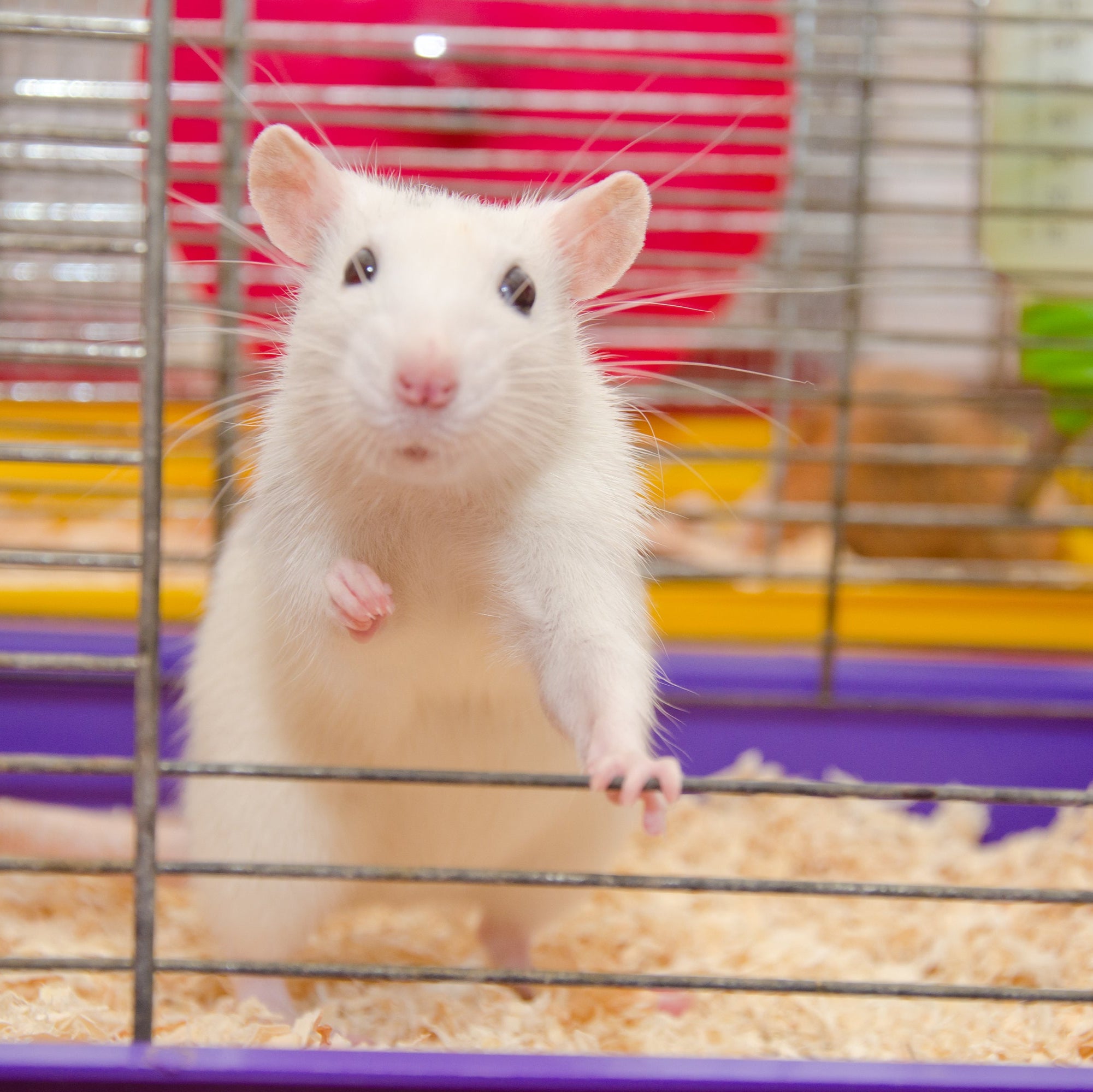
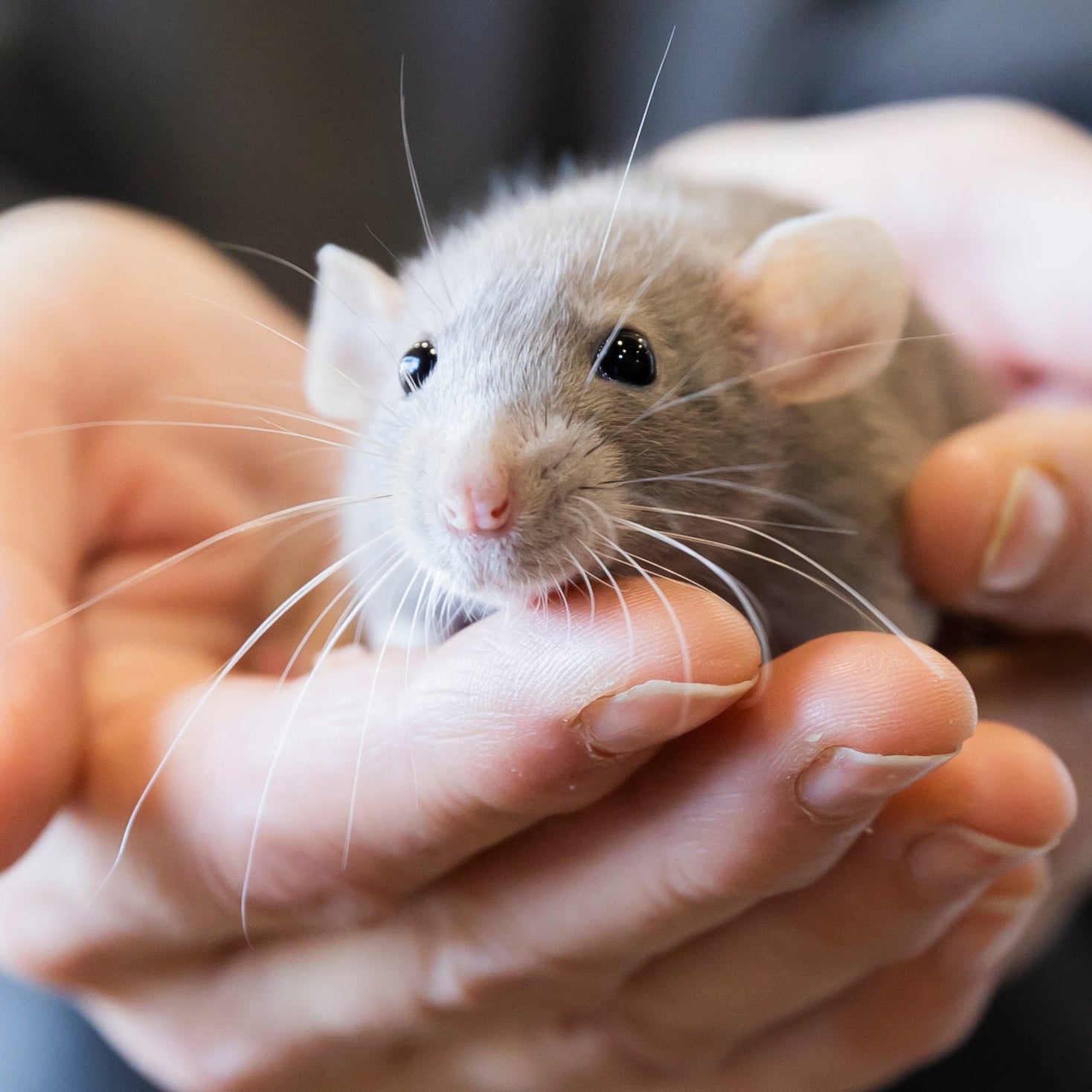
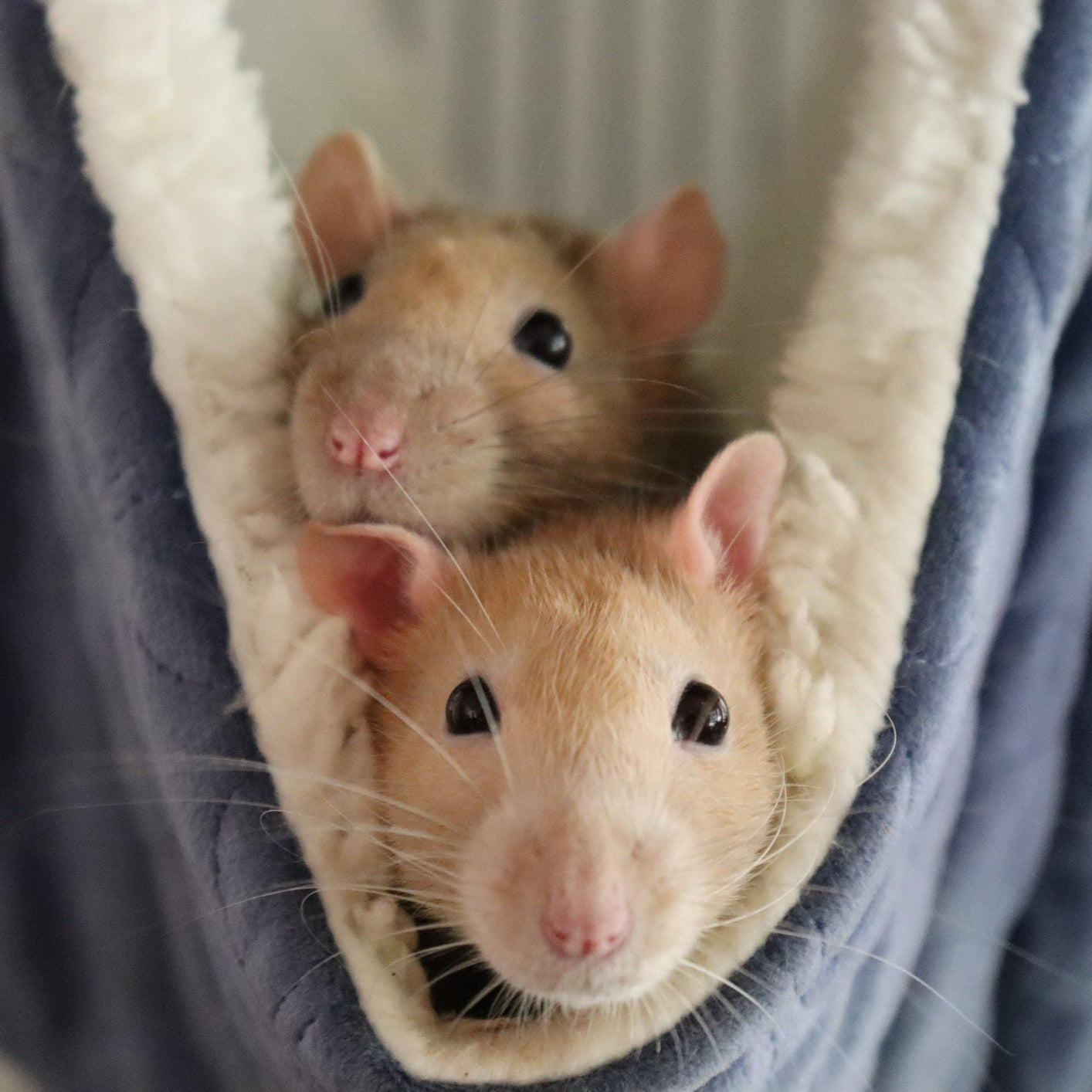
Rats are intelligent, playful, and extremely sociable animals. They enjoy being handled, talked to, and need social interaction to thrive.
Rats require a mixed diet of grains, seeds, and a source of protein. Food should always be available and offered in a ceramic bowl to prevent tipping. Fresh water should be available at all times in a water bottle to maintain hygiene.
Cages should be lined with dust-free litter like recycled paper pellets. Ensure the cage is in a cool, drought-free area and provide an igloo or hide for resting. Avoid using wood shavings, as they can cause respiratory issues.
Toys like ropes, ladders, pipes, tunnels, and a rat wheel are ideal for keeping rats entertained and stimulated. Frozen water bottles and fruit/vegetables during summer months help prevent heat stress.
Rats love to be handled, so gentle, confident handling is key. Scoop them up or gently lift by the tail close to the body if they are jumpy. Always handle rats in the enclosure to prevent injury and escape.
Cages should be cleaned at least once or twice a week. Remove old litter, scrub the enclosure, and replace bedding. Toys should be cleaned regularly using a small animal disinfectant.
Rats are prone to respiratory infections, heat stress, and mites. Use dust-free litter, provide cool housing, and treat parasites with sprays or medications. Regularly check for signs of illness such as wheezing, sneezing, labored breathing, or dull coat/eyes.
1. Handle your rats regularly to help them become comfortable with humans.
2. Provide an enriched environment with toys and spaces to explore.
3. Use dust-free bedding and maintain cool temperatures to prevent health issues.
4. Monitor for signs of illness and consult a vet if necessary.
- Scientific name: Rattus norvegicus
- Rats are highly intelligent. They can solve complex mazes, navigate through obstacles, and even learn tricks.
- Rats have excellent memories. They can remember routes and tasks for long periods, making them great at finding food and avoiding danger.
- Rats have a highly developed sense of touch. They use their whiskers to explore and navigate their environment, sensing vibrations and textures.
- Rats are social creatures. They thrive in groups, communicate through vocalizations, and enjoy interaction with other rats and humans.
- Rats have a unique way of cooling down. They use their tails for temperature regulation, helping them dissipate heat by spreading blood vessels closer to the surface.
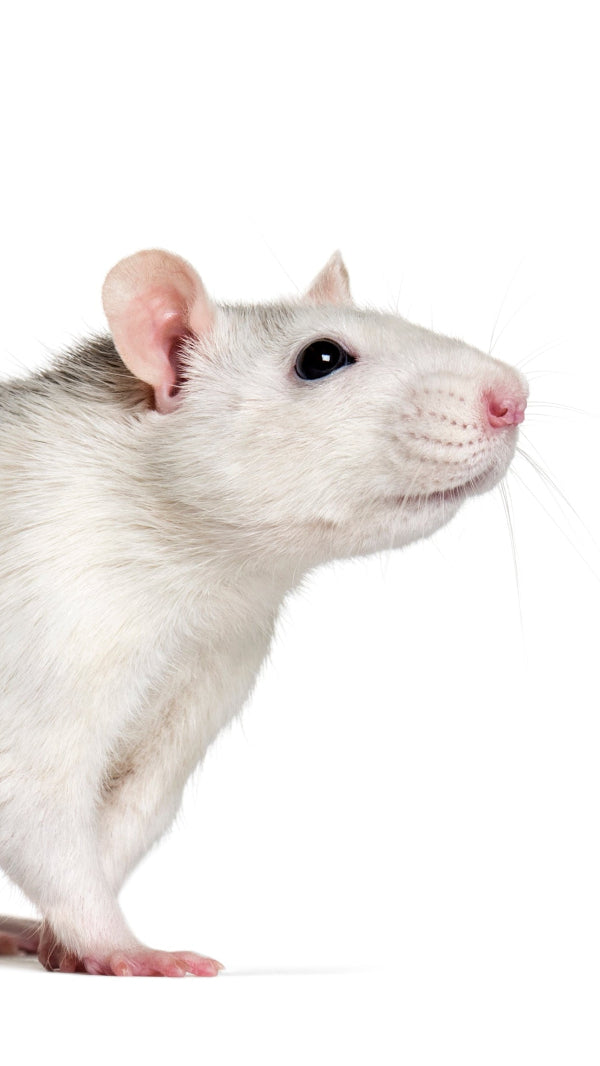
Commonly Asked Questions:
Female rats can live together peacefully, but males may become territorial and require separate housing.
The cage should be cleaned at least once a week, removing old bedding, scrubbing with a small animal cleaner, and replacing with fresh bedding.
Yes, rats are intelligent animals and can be trained to perform tricks or use litter boxes.
Rats are sensitive to heat and should be kept in cool, shaded areas, avoiding direct sunlight.
Look for clear, bright eyes, a clean coat, active behaviour, and normal breathing. Changes in these signs may indicate health issues.
Rats are very active and need an adequate amount of room to climb, explore, and exercise.
While rats are relatively clean animals, they do have a natural musky odor. Proper cage cleaning, ventilation, and the use of odor-absorbing bedding can help reduce this.

Visit us at Kellyville Pets
Our experienced team is here to help you choose your new best friend and provide guidance on every step of pet ownership. Explore our range of pet care supplies, including premium food, grooming tools, and accessories tailored for your Cavoodle’s needs.
Ready to find your perfect match? Come meet our Cavoodles today and take the first step toward a lifetime of love and companionship!





